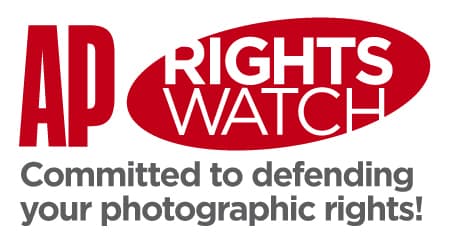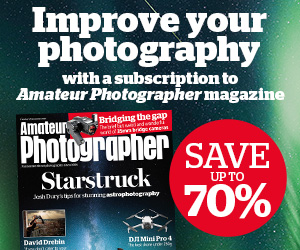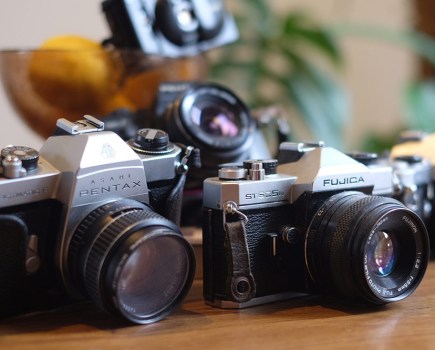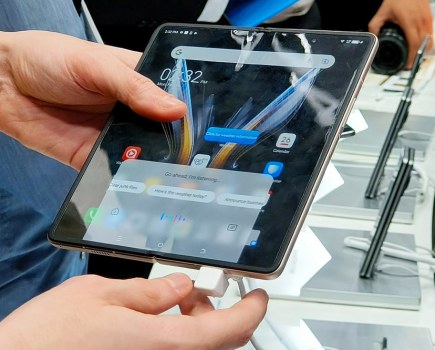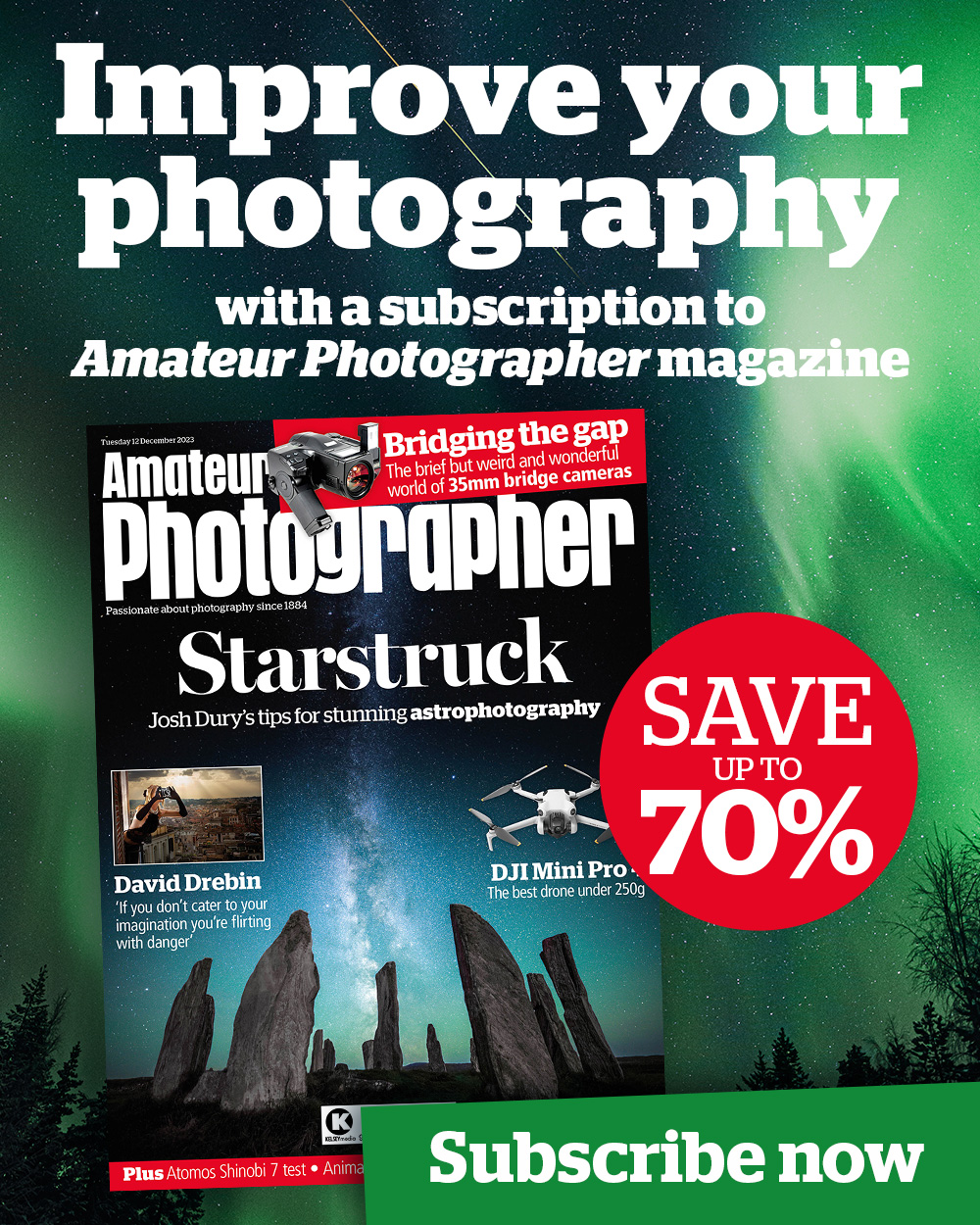The High Court has ruled in favour of a celebrity photographer who sued Mirror Group Newspapers for infringing his copyright in archived images that were subsequently published in digital form for newspaper back issues.
Lawyers have urged photographers to seek written agreements over future use of their images after freelance photographer Alan Grisbrook took legal action on realising that MGN was selling back copies of their titles, online, including the Daily Mirror.
The photographer had alleged that, by storing the images electronically and by communicating them to the public in this way, MGN was infringing his copyright.
Grisbrook, who had no written agreement with MGN over the future use of his photos, complained that he had never consented to the inclusion of his images in the group’s back numbers database or on their website.
In a previously agreed Consent Order, in 2002, Grisbrook expressly reserved his right to take legal action against MGN in respect of any future copyright breach. This followed a 1998 legal action by Grisbrook over unpaid licence fees, that resulted in MGN agreeing to delete all electronic copies of his photos from MGN’s systems.
In the High Court, MGN claimed that the use of his images was in the ‘public interest’ and that the photographer’s licence extended to back copy editions archived electronically.
Commenting on the case, technology lawyer Tom Cowling, from Swan Turton, today said it has ‘potentially important ramifications for the photography industry’.
‘Dust off your agreements’
Cowling warned photographers to ‘dust off your licence agreements and review your position’.
While, he said the judgement was ‘in line with previous authorities’, Cowling offered the following advice over picture use:
? All parties, but especially licensees, should confirm in writing the terms of the licence they obtain to avoid the risk of subsequent disappointment at the court’s narrow interpretation of the licence. Basically if, as a licensee, you want more rights than the bare minimum, confirm it in a written agreement signed by the parties or risk being sued for copyright infringement.
? Photographers, image libraries and other owners of copyright material should regularly check the uses to which their licensees are putting their material. If your licensees are using your material in ways which were not contemplated by the parties at the time the licence was entered into and in ways which are not covered by any written or other agreement, then you may well have a claim in copyright infringement.
? Any photographer (or image library) who has licensed images to a newspaper which, like MGN, now appears to be making back copies of their editions available online to paid subscribers, may well, following this case, have a claim in copyright infringement if their licence agreement did not clearly allow such use.
In the High Court ruling, on 16 October, Lord Justice Patten, concluded: ‘Although my decision is that the operation of the back number websites does not infringe Mr Grisbrook’s copyright in his photographs, those rights can be adequately protected by a declaration to that effect.
‘This is not a case where there has been any deliberate or conscious non-compliance with the [previously agreed] consent order and I do not therefore propose to take any further action in respect of the breach of the undertaking which it contains.’

